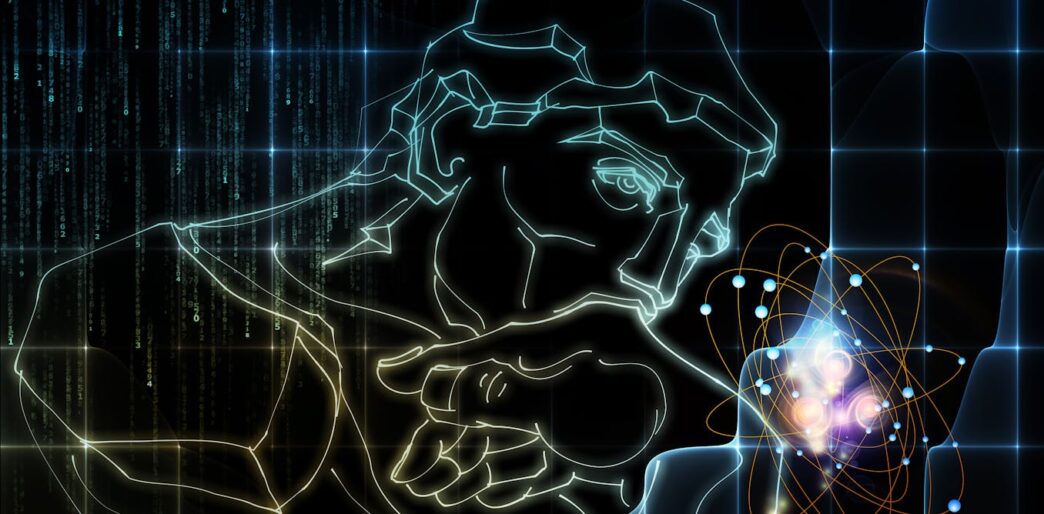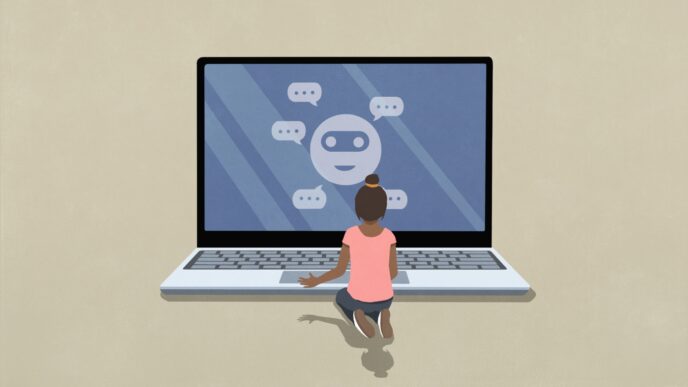ChatGPT says it can’t really think like humans. The AI just rolled out a blunt self-assessment amid ongoing debates about whether artificial intelligence truly "thinks" or is just smart pattern matching.
The issue started with a philosophy professor asking AI to clarify if it can think. ChatGPT responded, cutting through the hype:
“I can process information, analyze patterns, and generate responses based on data. So in some ways, it might ‘seem’ like I’m thinking. But it’s not thinking like a human does. I don’t have consciousness, emotions, intentions, or awareness. Everything I ‘do’ is based on patterns learned from huge amounts of text and a set of rules and probabilities. I can ‘simulate’ certain aspects of thinking, but I don’t truly think or understand in the human sense.”
The answer echoes ancient Greek philosophers Plato and Aristotle who linked thinking to human embodiment—experience, emotion, and practical wisdom. Plato’s concepts of “noesis” (intuitive understanding) and Aristotle’s “phronesis” (practical wisdom) underline that AI can’t really think without a physical body and lived experience.
Still, AI is showing up in more tangible forms like robots and autonomous vehicles, but without a human-like soul or consciousness, it remains limited to pattern recognition and simulation.
No mind, no soul, no real thinking—ChatGPT admits it’s all code crunching. For now, the age-old question of whether AI truly thinks remains unanswered.














